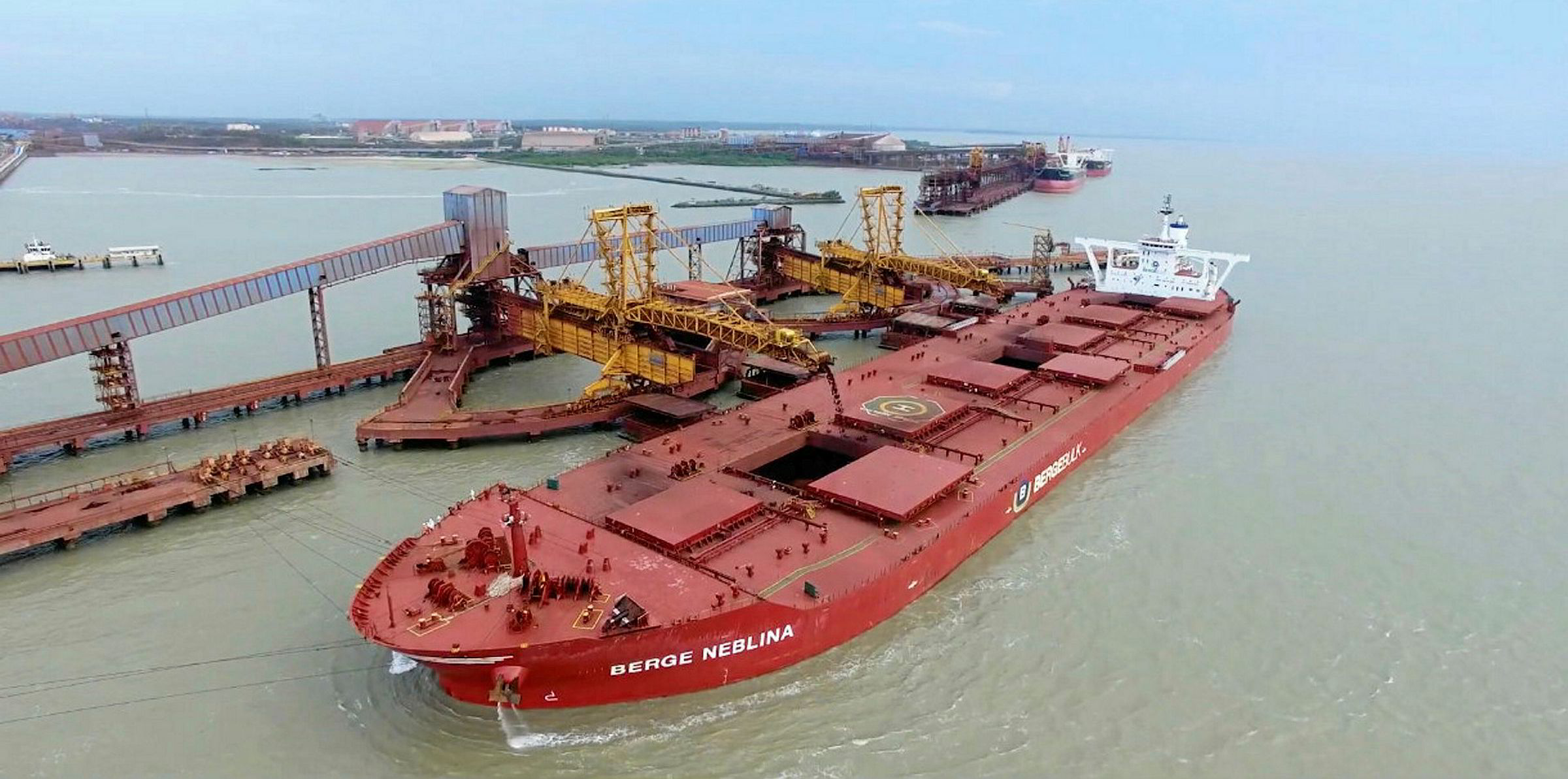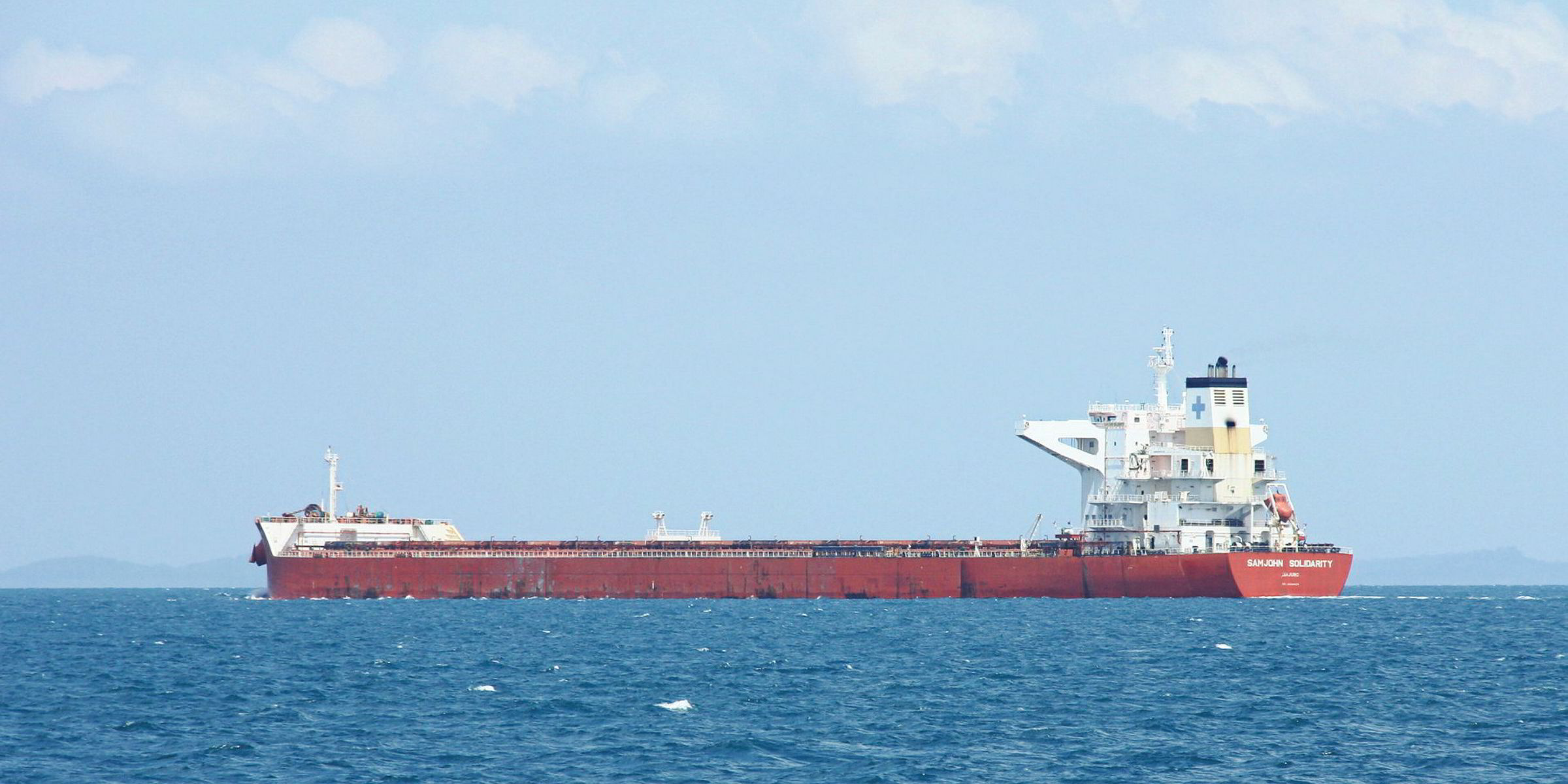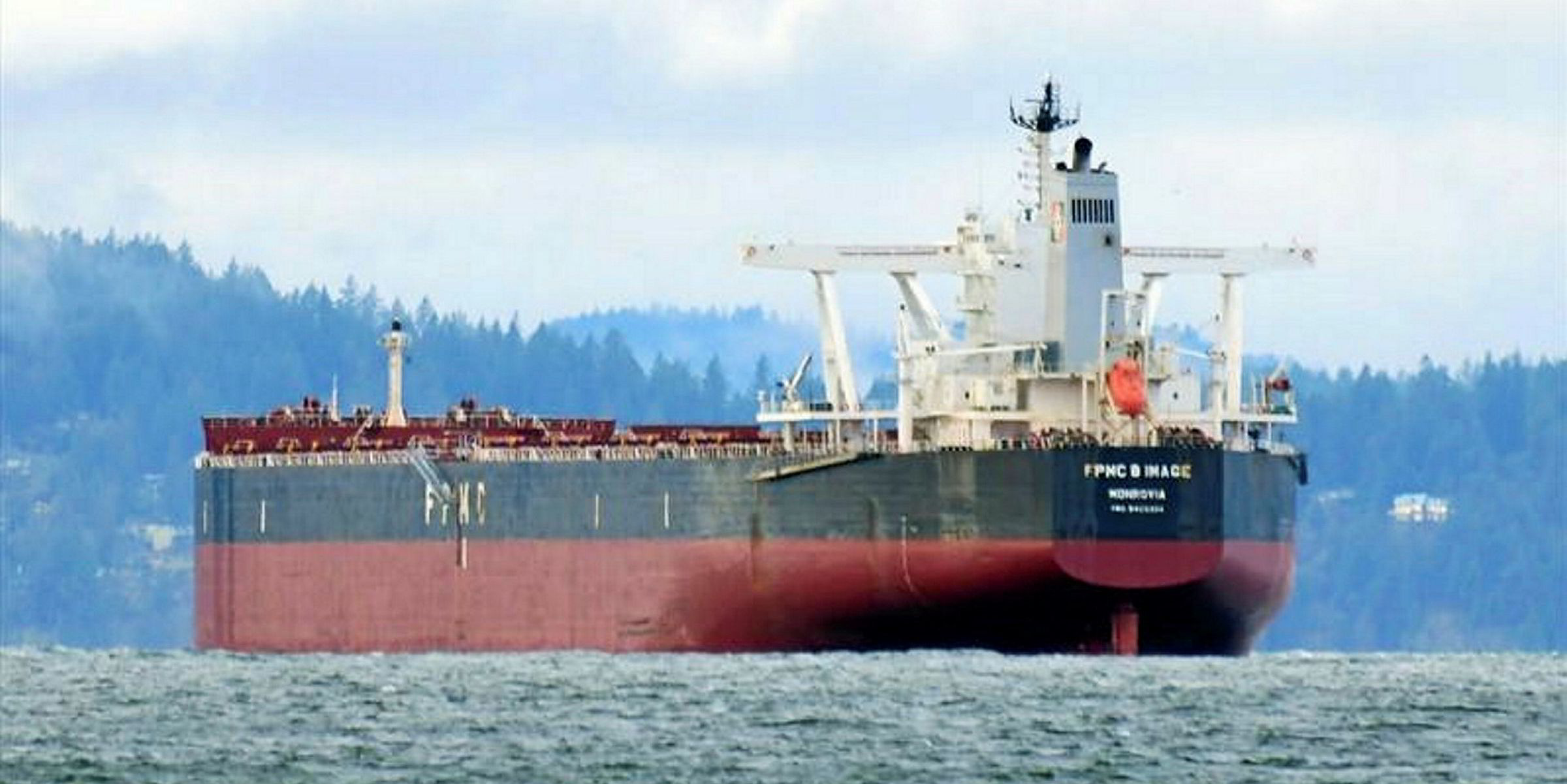A "very quiet" bulker market has pushed the Baltic Exchange's key index to its lowest level in well over three years.
The Baltic Dry Index (BDI) dropped seven points to 539 on Tuesday, with the capesize index falling six to 129 and panamaxes off 22 points at 651.
The BDI figure is the lowest since April 2016.
The London exchange was quoting time-charter rates for capesizes at $4,631 per day as an average of its five routes, down a dollar from Monday, while panamaxes were $193 lower at $5,861.
Supramaxes and handysizes were also down on Tuesday.
Clarksons Platou Securities said most market participants seemed content "holding off doing anything at this time and with rates below opex levels".
Holidays taking their toll
"The extended holidays are expecting to keep the market subdued for the rest of the week," the Clarksons financial unit added.
China has stretched the holiday period due to the coronavirus outbreak.
Clarksons Platou quoted paper contracts at $6,000 per day for February, citing macro headwinds from Chinese demand coupled with Vale’s production targets being put in question as heavy rainfall could impact tailings dams.
Jefferies said bulker spot markets remained under pressure on the back of Chinese demand fears.
But the mid-sized bulker segments were showing resilience "behind a more diverse demand profile", the US investment bank added.
"Despite the continued spot market pressure, we are encouraged to see the dry bulk time charter market firm last week."
Ore exports drop
Capesizes were hit by by softer iron ore activity levels out of Brazil, which are at their lowest ebb since April 2019, Jefferies said.
And the firm added: "While dry bulk spot markets remain challenged, we expect rates will pick up as trade normalises post-lunar new year and the global fleet slows down in response to soft charter rates and elevated fuel costs."
The capesize one-year term rate firmed nearly 10% week-on-week to $15,750 per day, while the panamax period market came in at $11,625 and supramaxes at $10,000.
"While brokers are not yet quoting term rates for scrubber-fitted bulkers, we would expect a considerable premium to the aforementioned rates," Jefferies said.
Last week, TradeWinds reported that exhaust gas cleaning systems had apparently given rise to a two-tier freight market.
Scrubber-fitted capes were at that point earning $13,900 per day on a weighted time-charter average, according to brokers, while their kitless counterparts were bringing in $5,900 per day.






